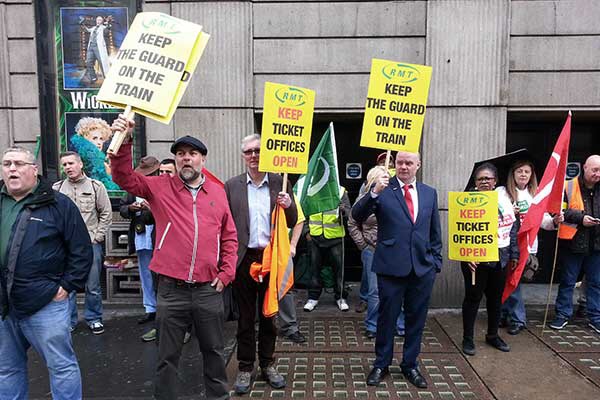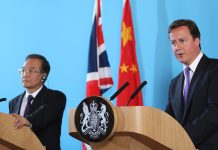The new ‘winter of discontent’ presents both headaches and opportunities for Corbyn’s Labour party, according to a University of Salford politics expert.
Writing in The Conversation, Ben Williams, Tutor in Politics and Political Theory at the University of Salford, says anti trade union legislation in place since the ‘80s means the recent wave of industrial action affecting sectors including railways, airlines, postal workers and delivery drivers, is unlikely to represent a return to the events which brought Britain to a virtual standstill in the winter of ‘78-79.
He says the troubled relationship between the UK governments and trade union bosses – from Heath onwards – has some major implications for today’s politicians, with Prime Minister Theresa May apparently rejecting calls for a tough Thatcherite line in favour of calling for compromise between train companies and rail unions.
However, while she has been quick to highlight the Labour Party’s links with rail unions such as ASLEF and the RMT – in order to stoke negative public opinion that Labour has some responsibility for strikes – Jeremy Corbyn’s vocal support for industrial action has opened up deep divides within his own party.
Ben Williams writes: “Corbyn has been more vocal in supporting recent trade union strike action – in contrast to the caution of previous party leaders such as Ed Miliband and Tony Blair.
“But this has opened up further internal party divisions, with some Labour politicians welcoming a revival of trade union power and others warning of further dangers to the party’s reputation if it again appears to be perceived by mainstream votes as being responsible for such industrial turmoil.
“Given the anti-trade union legislation that has been in place since the 1980s, there is little chance of the scale of industrial unrest of the 1970s being repeated in the winter of 2016-17. The 170,000 days lost to strike action in 2015 was the second lowest figure on record.
“Yet, beneath what is supposed to be a growing and successful UK economy, there appear to be tensions among many unsettled workers facing an uncertain future both due to globalisation and events such as Brexit.
“Corbyn’s leadership has broadly supported the collective ‘strike’ powers of trade unions, in line with Labour’s ideological traditions. As a cherished civil liberty, such powers can be used as a potential weapon against government and employers, albeit not on the same scale of the past. Yet given the volatile and often hostile nature of public opinion towards strike activity, it is a risky position to adopt.”







